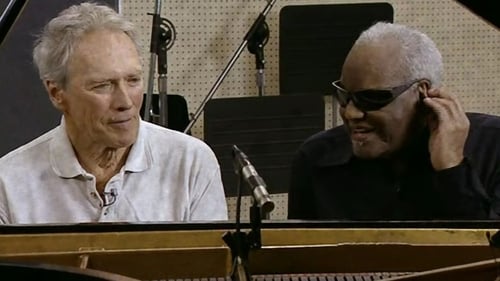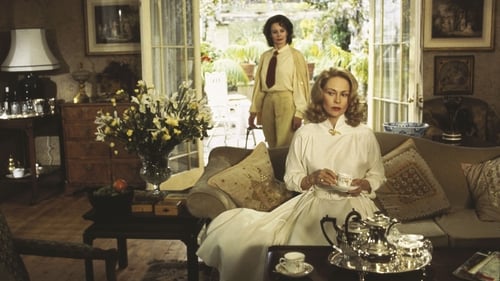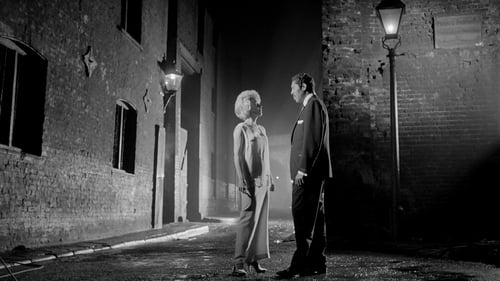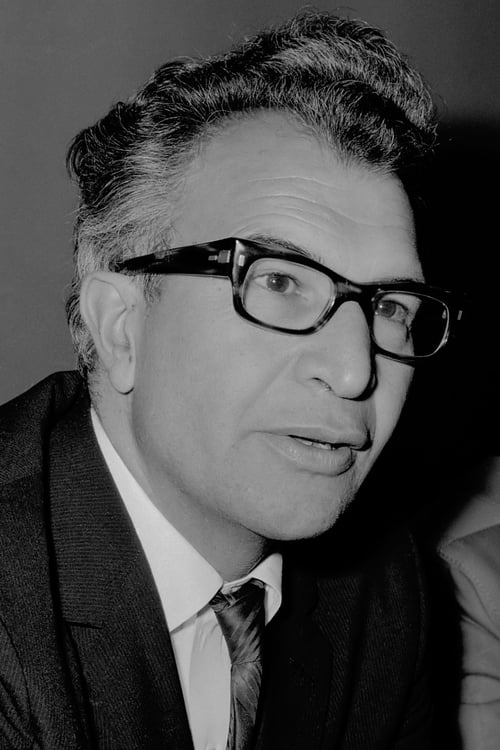Dave Brubeck
Nascimento : 1920-12-06, Norwalk, Connecticut U.S.
Morte : 2012-05-01
História
Dave Brubeck, designated a “Living Legend” by the Library of Congress, continues to be one of the most active and popular musicians in both the jazz and classical worlds. With a career that spans over six decades, his experiments in odd time signatures, improvised counterpoint, polyrhythm and polytonality remain hallmarks of innovation.

Self
In this uplifitng documentary, stars and musicians from across the industry speak to the power and importance of music in society. Here we examine how close we came to not having many of the incredible artists who we cherish today had it not been for arts programs. Music has the power to inspire and change world, and that starts with our supporting young talent.

Self
A chronological look at the life and career of jazz musician, composer, and performer Dave Brubeck (1920-2012 ), presented through contemporary interviews, archival footage of interviews and performances, and commentary by family, fellow musicians, and aficionados. Emphases include his mother's influence, his wife's invention of college tours, his skill as an accompanist, the great quartet (with Desmond, Morello, and Wright), his ability to find musical ideas everywhere, his orchestral compositions, his religious conversion, and his unflagging sweet nature.

The story of music and the music industry told through interviews with musicians, composers and producers across genres.

Piano
Jazz Icons: Dave Brubeck boasts two beautifully filmed concerts from one of the most beloved quartets in jazz history. Captured at the pinnacle of their power and popularity, Paul Desmond (alto sax), Joe Morello (drums), Eugene Wright (bass) and Dave Brubeck (piano) explore the trails they blazed into the realm of odd time signatures with "Forty Days" and two versions of their groundbreaking hit "Take Five", as well as forays into world music with two unique interpretations of "Koto Song". Their intimate onstage chemistry and impeccable musicianship made the DBQ an award-winning jazz supergroup.

Himself
Featuring both the classic tunes and his newest works, The Dave Brubeck Quartet entertains their fans with the energy and eloquence of true artists who love their job. Dave Brubeck - Take Five In A Quartet movie With Dave Brubeck on piano, the talented Bobby Militello alternating between alto sax and flute, the solid Michael Moore on bass, and the always-captivating Randy Jones on drums, no song goes wrong and every piece is a musical journey. Dave Brubeck - Take Five In A Quartet video Perhaps few jazz bands achieve such a complex and entertaining range of music so consistently as The Dave Brubeck Quartet.

Self
Director — and piano player — Clint Eastwood explores his life-long passion for piano blues, using a treasure trove of rare historical footage in addition to interviews and performances by such living legends as Pinetop Perkins and Jay McShann, as well as Dave Brubeck and Marcia Ball.

Self
Dave Brubeck is (and continues to be) a giant in the jazz scene, perhaps best known for his mellow instrumental ballad "Take Five," which altered the face of modern jazz. Rediscover Brubeck and his music via this unique profile of the man, interspersed with some of Brubeck's patented California-style cool jazz riffs.

Piano

Piano
On October 17, 1961, the popular and pioneering pianist-composer Dave Brubeck performed on Ralph Gleason's Jazz Casual, the television show that showcased some of the finest jazz artists in a half-hour of no-frills performance and conversation. Backed by the Lester Young-influenced alto saxophonist Paul Desmond, bassist Eugene Wright and drummer Joe Morello, Brubeck and his combo perform some of their odd-metered hits. Desmond's dancing ditty, "Take Five" is rendered in a faster tempo than the studio version. Brubeck's ragtime-flavoured "(It's a) Raggy Waltz," highlights his percussive piano lines, while "Castillian Blues" and the Turkish strains of "Blue Rondo a la Turk" reveal his multicultural, compositional genius. Gleason, the show's creator and host, was a well-respected, San Francisco-based jazz critic and author. He remarks during the show that Dave Brubeck was "a provocative, experimental, and interesting musician." That statement is still true today.

Original Music Composer
Dr. Arthur Calgary visits the Argyle family to return an address book lost some time ago by Jack Argyle, only to find out that Jack has been executed for the murder of his mother. Calgary can prove that Jack was innocent. In spite of opposition from a hostile family, he is determined to solve the crime.

Music
Early experimental film from Zbigniew Rybczynski that broke new ground in the use of pixelation, optical printing, animation and other compositional film devices. Beautiful jazz score and color usage.

Himself - Piano
Este filme, baseado em Othello, de William Shakespeare, está bem posicionado como um veículo para mostrar alguns dos melhores músicos de jazz da época, incluindo Dave Brubeck e Charles Mingus. (e 16 - Estimado 16 Anos)

Short film featuring the Brubeck Quartet.

Piano
Recorded at Berliner Philharmonie, Berlin, November 4, 1972. A DVD has been issued of the concert by "Standing Ovation" - "Gerry Mulligan, Paul Desmond & The Dave Brubeck Trio. Live In Berlin 1972". It does not include the non Brubeck tracks. Tracks 5-11 on CD 2, are from a rare live performance by Mulligan and Desmond playing together along with Jaki Byard, in New Orleans in 1969.








